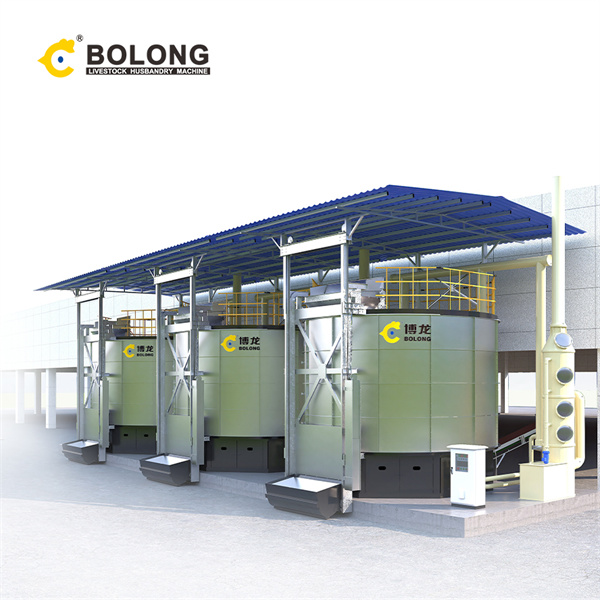
However, several key challenges should be addressed for the industrial application of continuous fermentation processes, including (1) contamination of the fermentation system, (2) degeneration of strains, and (3) relatively low product titer.
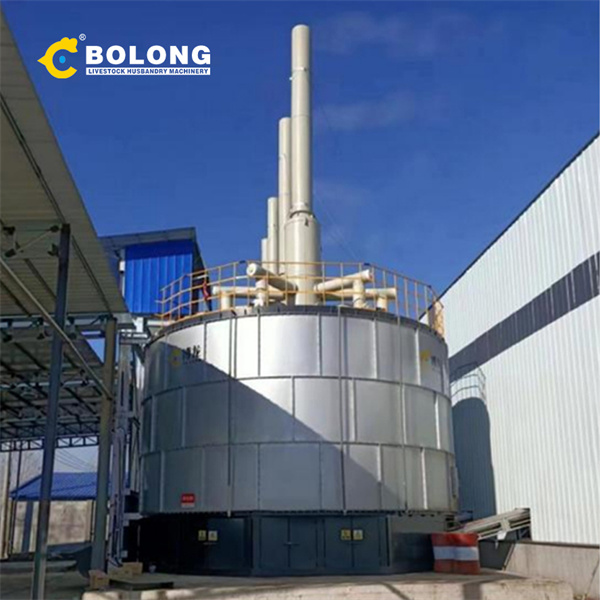
Feb 12, 2021 · The achievements include the application of genetic engineering of microorganisms, ultrasonic treatment and electrofermentation, optimization of the mechanistic and computational fluid dynamic process modeling, and the recognition of inhibitor factors in fermentation processes.
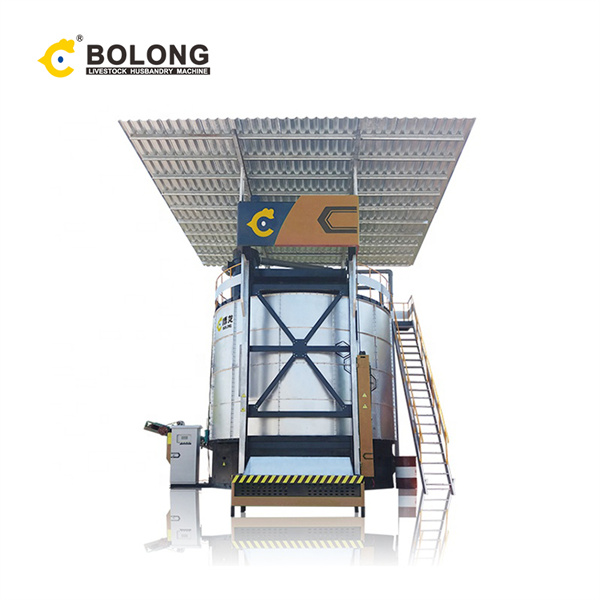
Industrial fermentation is a chemical engineering term used to describe the processes that utilize a chemical change induced by a living organism or enzyme, in particular bacteria, yeasts, molds, or fungi, that produces a specific product [1 ].
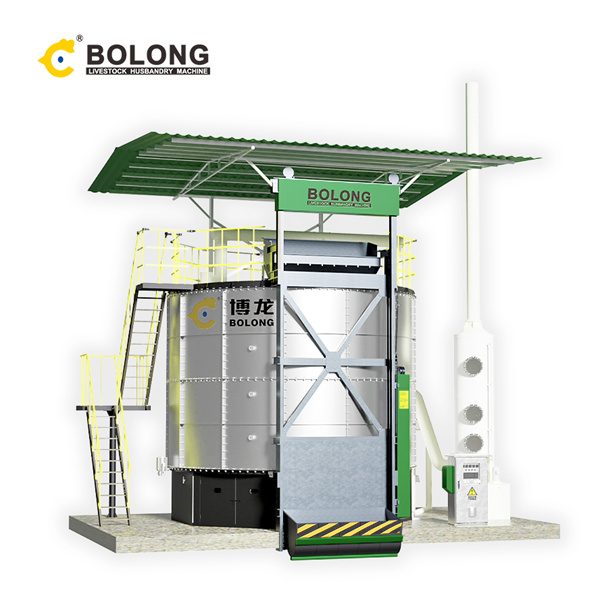
Jan 1, 2017 · The precise control of fermentation conditions and cell state is necessary to maintain maximum production rate during industrial-scale microbial fermentation. To maintain maximum production, it is important to dynamically regulate metabolic flux in response to biochemicals.
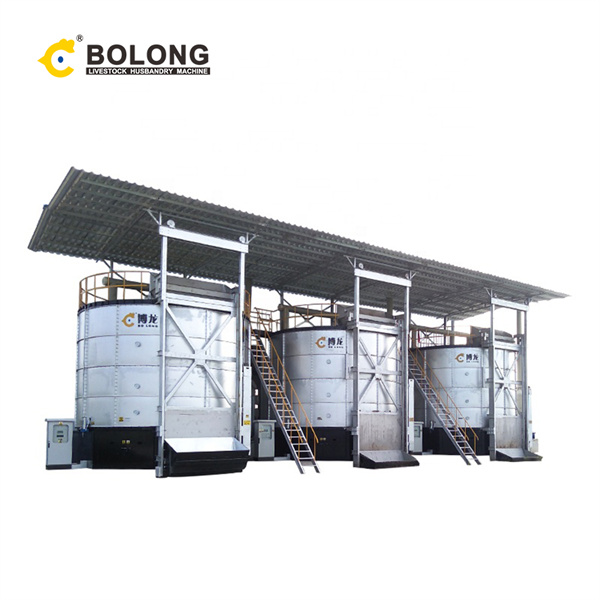
Oct 8, 2015 · Industrial strain development requires system-wide engineering and optimization of cellular metabolism while considering industrially relevant fermentation and recovery processes.
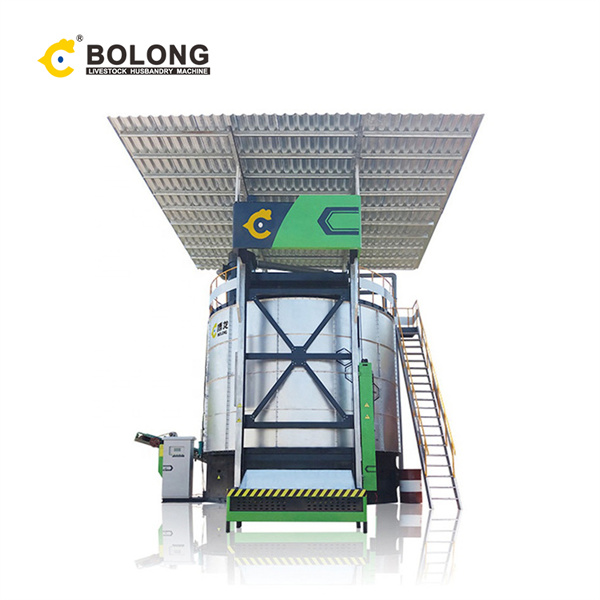
Jan 1, 2015 · Fermentation processes can be classified by the reaction mechanims involved in converting the raw materials into products; these include reductions, simple and complex oxidations, substrate conversions, transformations, hydrolyses, polymerizations, complex biosyntheses, and the formation of cells.